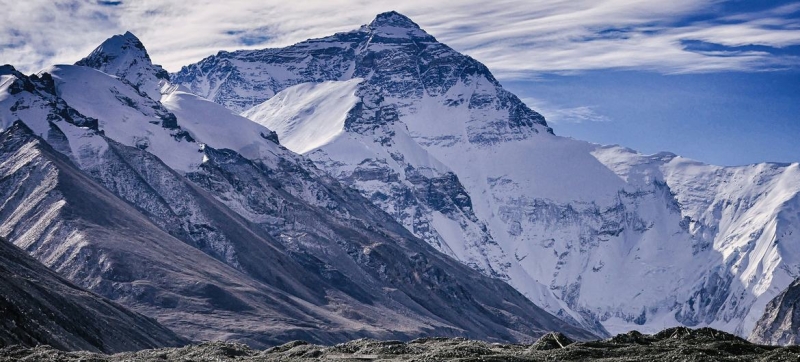
Mountains are essential for global water resources, biodiversity and ecosystems, as well as for tourism and recreation. World Meteorological Organization and Mountain Research Initiative Strengthen Collaboration Climate and Environment
According to research, temperatures at high altitudes are rising 1.5 to 2 times faster than the global average. Mountains are considered “hot spots” for the impact of climate change. Melting snow and ice reduces the ability to reflect the sun’s rays, which leads to the planet absorbing even more heat.
To raise awareness of this problem and to find solutions, the World Meteorological Organization and the Mountain Research Initiative have signed a new Memorandum of Understanding, which formalizes a decade of cooperation between the organizations. The document aims to combine efforts to protect mountain ecosystems.
“Together, we can better influence major international policy decisions and high-level international initiatives on climate, weather and water to ensure concrete actions to address mountain ecosystems and the cryosphere at the regional and global levels,” said WMO Secretary-General Celeste Saulo.
Five Years of Action for Mountain Development
The signing of the memorandum coincided with the UN General Assembly declaring the period 2023-2027 the “Five Years of Action for Mountain Development”. These actions aim to raise awareness of the important role of glaciers, snow and ice in the climate system and the hydrological cycle, and the impacts of rapid glacier melt on economies and communities.
Mountains are essential for global water resources, biodiversity and ecosystems, as well as for tourism and recreation. However, they also pose a growing threat of natural disasters such as glacial lake outburst floods and landslides. Despite their importance, mountain systems have received little attention in international agreements. For example, the Paris Agreement on climate change does not mention mountains and the cryosphere.
The success of the World High Mountains Summit in 2019 demonstrated the value of collaboration between WMO and the Mountain Research Initiative. The memorandum envisages closer cooperation in areas such as mountain monitoring and the promotion of mountain research. In addition, knowledge sharing is planned through science-policy platforms for decision-making at national, regional and global levels, as well as the exchange of data and information from stations and observatories in mountain regions.
